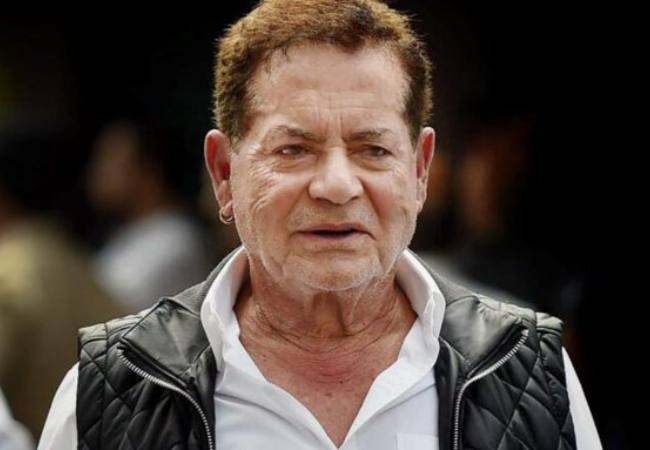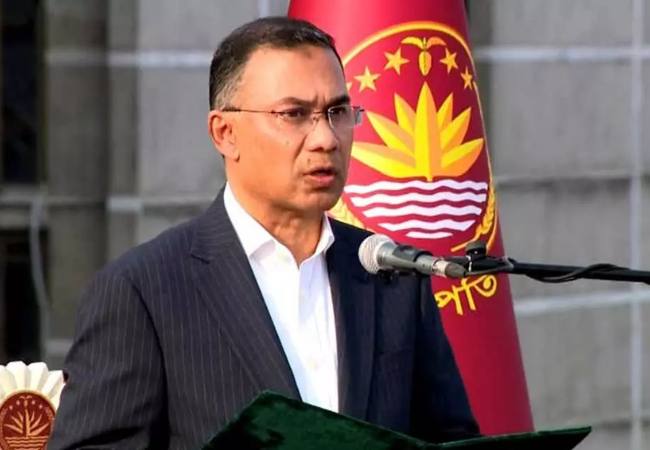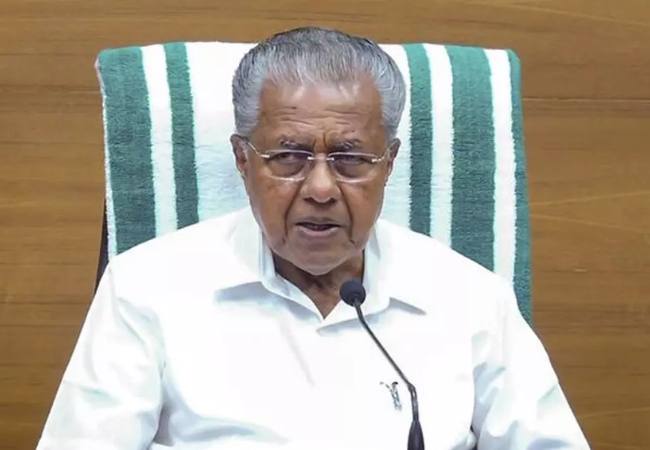Bengaluru, Feb 13 (PTI): Sweden-based bus and truck manufacturer Volvo has decided to expand its manufacturing plant in Hoskote near Bengaluru city and has announced an investment of Rs 1,400 crore.
The company expects that this investment would create over 2,000 direct jobs.
An agreement to this effect was signed on Thursday in the presence of Chief Minister Siddaramaiah at his official residence ‘Kaveri’.
The process was completed in the presence of Minister for Large and Medium Industries M B Patil. Principal Secretary of Industries Department Selvakumar and Managing Director of Volvo India Kamal Bali signed the agreement during the Invest Karnataka-2025 summit.
Siddaramaiah said on the occasion that Volvo came to the state 25 years ago, invested and started a change. Now Volvo is another name for high-quality buses in the country.
The chief minister assured Volvo of providing necessary facilities and assistance. In return, the company should employ more Kannadigas. This can achieve both security and economic growth for the locals, he said.
Volvo CEO Martin Lundstedt said the company has manufacturing units in Peenya, Hoskote and Pithampur near Dharwad in Karnataka.
"Now we are manufacturing 3,000 buses and trucks here per year. With the expansion of the Hoskote plant, we can manufacture 20,000 buses and trucks per year. This capacity increase will also create jobs and further strengthen the position of India and Karnataka in the global supply chain. In addition, it will be possible to meet the local market needs smoothly," the Volvo CEO said.
He said Bengaluru is Volvo's fourth largest international location. The Global Capacity Centre here employs over 3,500 people and handles Research and Development, procurement, logistics and financial services.
He told the chief minister that the company has a joint venture in Madhya Pradesh. The company's turnover has now crossed USD 50 billion per annum, he added.
"The new facility is expected to create over 2,000 direct jobs, significantly boost exports, and enhance India’s position in the global supply chain. Production capacity at the Hosakote facility is set to soar, from 3,000 to a massive 20,000 trucks and buses annually, catering to both Indian and international markets," a statement issued by the company said.
Karnataka-Volvo Collaboration Takes Another Big Leap
— M B Patil (@MBPatil) February 13, 2025
Volvo Group to Set Up 4th International Manufacturing Hub in Hosakote, Karnataka
Over ₹1,400 Cr investment | 2,000+ direct jobs@VolvoGroup has signed an MoU with the Karnataka government to establish its 4th International… pic.twitter.com/xPrqd1ZfnE
Let the Truth be known. If you read VB and like VB, please be a VB Supporter and Help us deliver the Truth to one and all.
Mumbai (PTI): Veteran screenwriter Salim Khan suffered a brain haemorrhage which has been tackled, is on ventilator support as a safeguard and stable, doctors treating him said on Wednesday, a day after he was admitted to the Lilavati Hospital here.
The 90-year-old, one half of the celebrated Salim-Javed duo which scripted films such as "Sholay", "Deewar" and "Don" with Javed Akhtar, is in the ICU and recovery might take some time given his age.
"His blood pressure was high for which we treated him and we had to put him on a ventilator because we wanted to do certain investigations. Now the ventilator was put as a safeguard so that his situation doesn't get worse. So it is not that he is critical," Dr Jalil Parkar told reporters.
"We did the investigations that were required and today we have done a small procedure on him, I will not go into the details. The procedure done is called DSA (digital subtraction angiography). The procedure has been accomplished, he is fine and stable and shifted back to ICU. By tomorrow, we hope to get him off the ventilator. All in all, he is doing quite well," he added.
Asked whether he suffered a brain haemorrhage, the doctor said, "Unko thoda haemorrhage hua tha, which we’ve tackled. No surgery is required.
As concern over Khan's health mounted, his children, including superstar Salman Khan and Arbaaz Khan, daughter Alvira, and sons-in-law Atul Agnihotri and Aayush Sharma, have been seen outside the hospital along with other well-wishers. His long-time partner Akhtar was also seen coming out of the hospital.
Khan, a household name in the 70s and 80s, turned 90 on November 24 last year. It was the day Dharmendra, the star of many of his films, including "Sholay", "Seeta aur Geeta" and "Yaadon Ki Baraat", passed away.
Hailing from an affluent family in Indore, Khan arrived in Mumbai in his 20s with dreams of stardom. He was good looking and confident he would make a mark in the industry as an actor. But that did not happen. And then, after struggling for close to a decade and getting confined to small roles in films, he changed lanes.
He worked as an assistant to Abrar Alvi and soon met Akhtar to form one of Hindi cinema's most formidable writing partnerships. They worked together on two dozen movies with most of them achieving blockbuster status.
Other than "Sholay", "Deewar" and "Don", Khan and Akhtar also penned "Trishul", "Zanjeer", "Seeta Aur Geeta", "Haathi Mere Saathi", "Yaadon Ki Baarat" and "Mr India".





